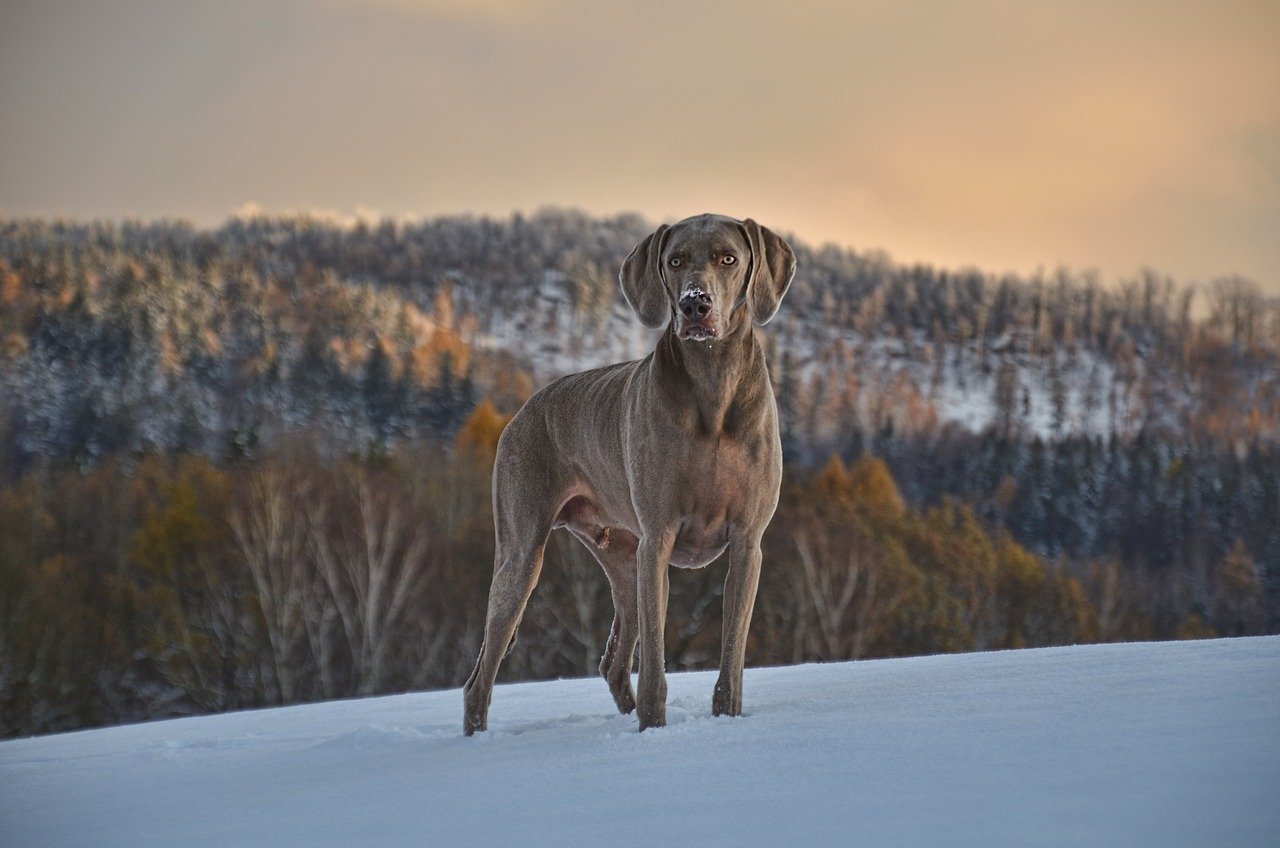Have you ever watched a child run up to a dog, arms wide, expecting a tail-wagging friend—only to be met with a wary growl or a sharp bark? It can be heartbreaking, even shocking. The truth is, not all dogs are built for the hustle and bustle of family life with little ones. Some breeds, despite their beauty or intelligence, just don’t jive with the chaos and unpredictability that children bring. Let’s pull back the curtain on the ten breeds whose personalities simply don’t mix well with kids—no matter how adorable they may look in photos.
Chow Chow
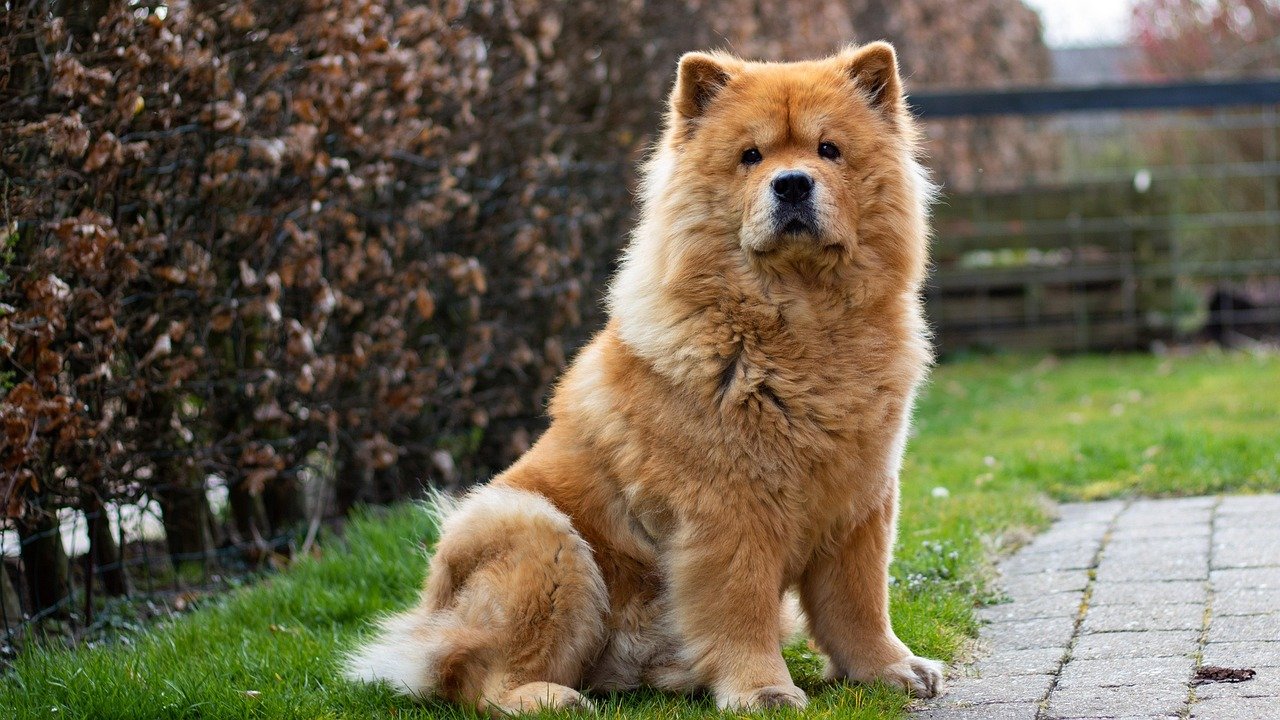
The Chow Chow is a breed that looks like a cuddly teddy bear but acts more like a regal cat. These dogs are known for their aloofness and independence, preferring to do things on their own terms. If a child tries to hug or roughhouse with a Chow, the dog may feel threatened or annoyed. This can lead to grumpy growls or even a defensive snap.
Because Chow Chows are fiercely loyal and protective, they tend to bond closely with one person and can be wary of strangers—including the unpredictable antics of kids. Their patience is thin, and they don’t tolerate being poked, prodded, or chased. In a busy household full of noisy, energetic children, a Chow Chow may quickly become overwhelmed and stressed. For families with kids, this breed is often more trouble than joy.
Afghan Hound

Afghan Hounds are the supermodels of the dog world: elegant, dignified, and a bit aloof. These dogs are known for their sensitive natures and do not enjoy loud environments or sudden movements—two things that children excel at! When faced with a bustling home full of kids running and shouting, the Afghan Hound is likely to retreat, hide, or become anxious.
Their independent streak means they often ignore commands, making them tricky for kids to handle or train. Instead of joining in on the fun, Afghan Hounds prefer a calm, quiet atmosphere where they can lounge in peace. The unpredictable energy of children can be too much for them, leading to unhappy dogs and disappointed kids.
Alaskan Malamute

Alaskan Malamutes are stunning, powerful dogs bred for pulling sleds in harsh conditions. While their strength and intelligence are impressive, these traits can spell trouble in a home with small children. Malamutes have a high prey drive and sometimes mistake fast-moving kids for something to chase or herd.
They’re also known for being stubborn and assertive, making them tough for inexperienced owners and unpredictable around children. Malamutes require a strong leader and need plenty of exercise. Without both, they can become frustrated and even destructive. With their tendency to throw their weight around, it’s easy for them to accidentally knock over or frighten a young child.
Shar Pei
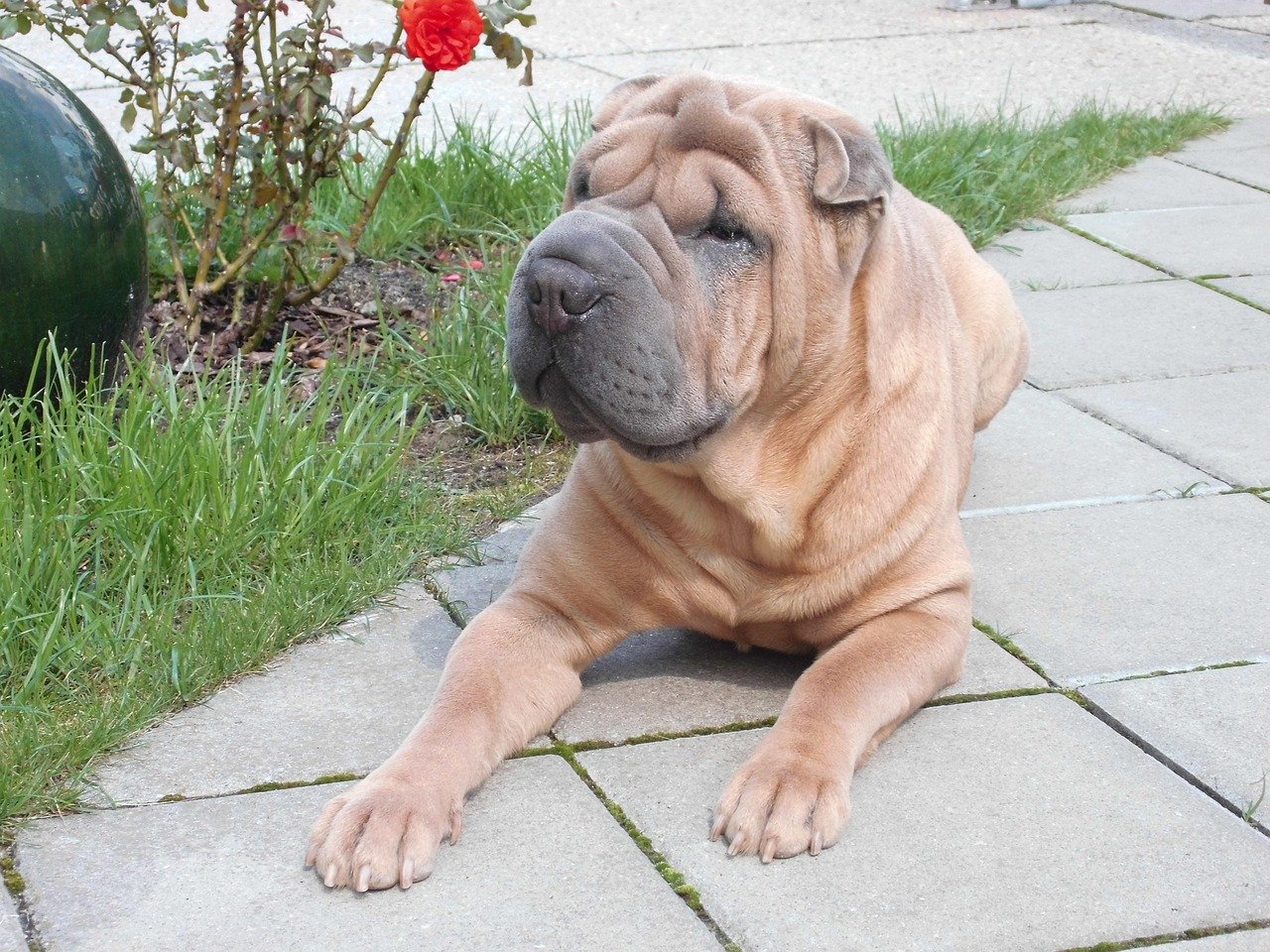
With their adorable wrinkles and squishy faces, Shar Peis might seem perfect for families. But beneath that cute exterior lies a willful and sometimes suspicious personality. Shar Peis are famously loyal to their people but can be distrustful of strangers—and that includes children they don’t know well.
They dislike rough play and can become defensive if they feel threatened. Shar Peis are not known for patience, so if a child tugs on their ears or disturbs them while eating, trouble can brew. These dogs thrive in calm, predictable environments and may become anxious or aggressive in a rowdy home with active kids.
Dalmatian
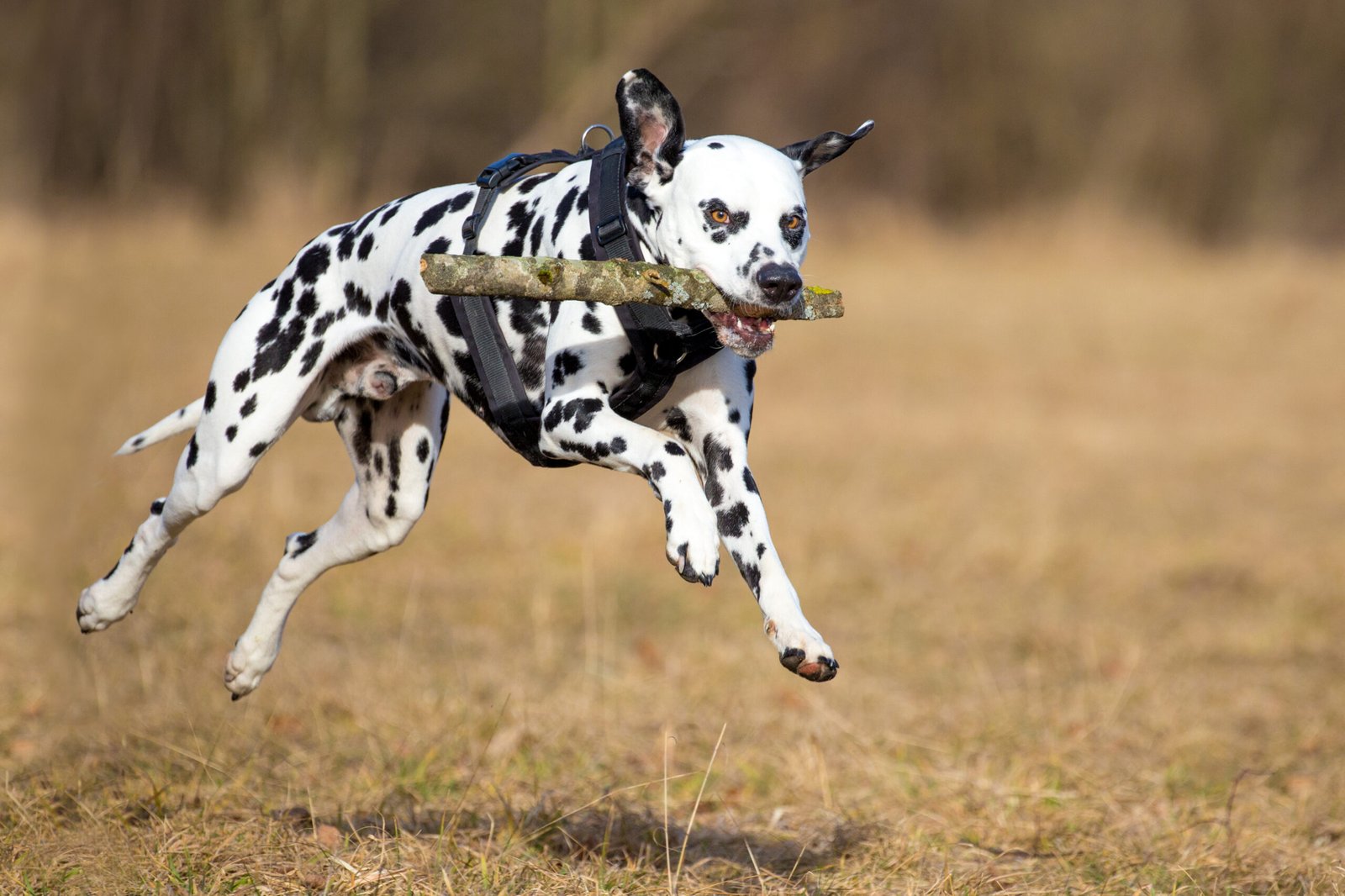
Dalmatians are iconic, thanks to movies and their eye-catching spots. But their temperament often doesn’t match the playful family dog reputation. Dalmatians are highly energetic and need lots of exercise, but they’re also sensitive and can be easily startled by loud noises or sudden movements. Kids running and screaming can stress these dogs out quickly.
When Dalmatians become anxious, they may react with nipping or hyperactivity. They need a calm, structured environment and an owner with a firm but gentle hand. While they can be loving companions, their unpredictable nature means they’re not always the best fit for families with small children.
Chihuahua
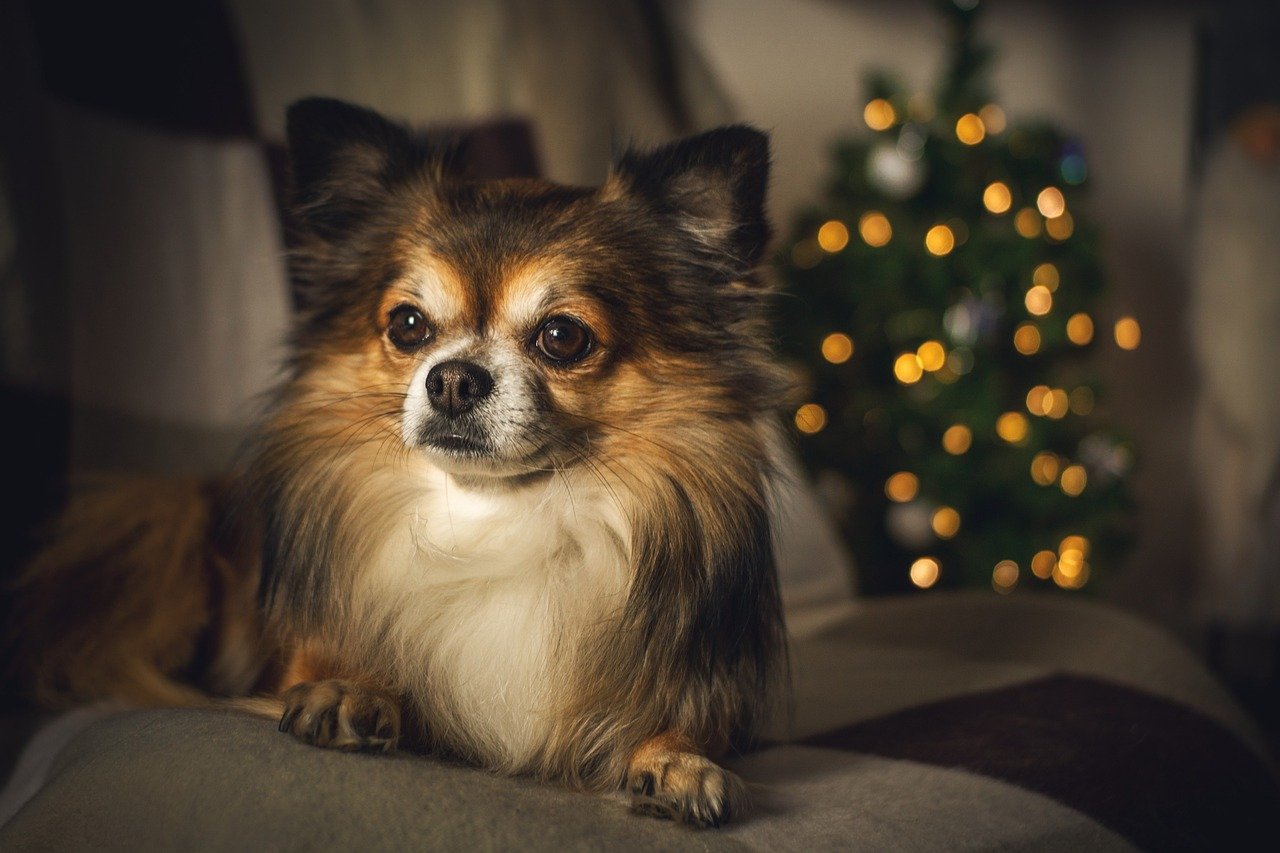
Despite their tiny size, Chihuahuas have enormous personalities—and not always in a good way for families. These little dogs are often fiercely loyal to one person and can be snappy or aggressive toward others, especially if they feel threatened or overwhelmed by energetic children.
Chihuahuas are fragile, and rough handling by young kids can result in fear-based biting. They’re also known for being yappy and quick to sound the alarm, which doesn’t mix well with a noisy household. While they can be loving lap dogs for adults, Chihuahuas generally lack the patience and sturdiness needed in a child’s companion.
Shih Tzu
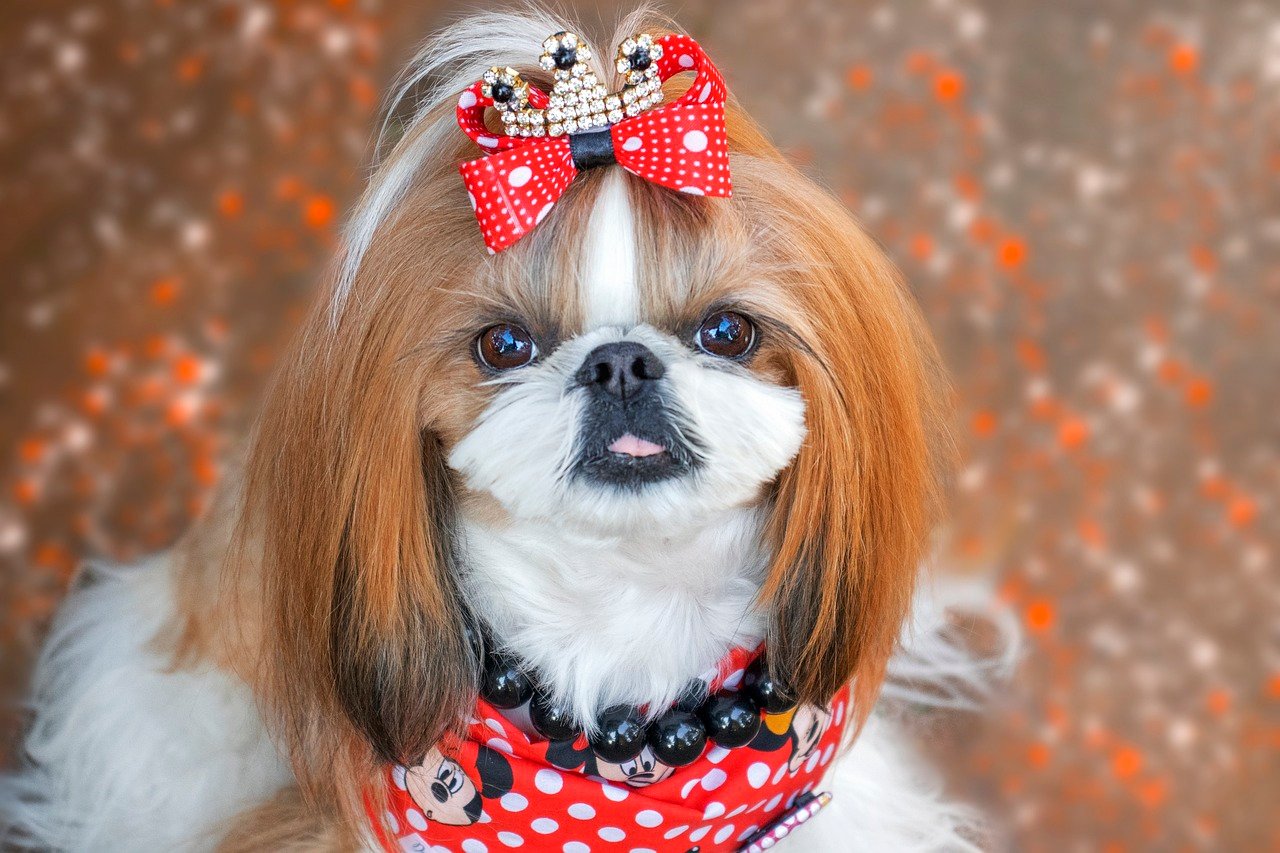
Shih Tzus are adorable and affectionate, but they come with a stubborn streak that can clash with children’s playfulness. These dogs prefer gentle company and don’t appreciate being manhandled or teased. Fast movements, loud noises, or rough play quickly push their buttons.
Their small size means they’re easily injured, and their reaction to pain or fear can be a sharp warning snap. While Shih Tzus might bond well with older, respectful kids, they’re not suitable for toddlers who don’t understand boundaries. Their need for peace and slow-paced affection makes them better suited for quieter homes.
Akita
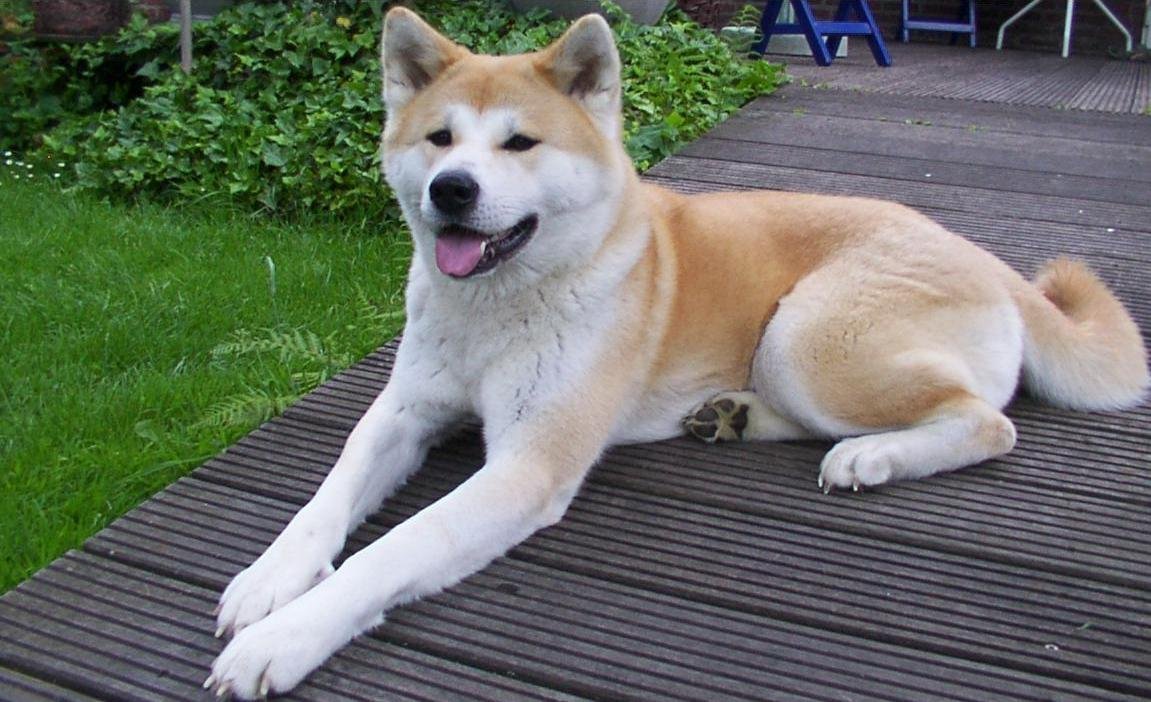
Akitas are powerful, dignified dogs with a reputation for loyalty and protectiveness. However, this loyalty often extends only to their immediate family and not to outsiders—including children’s friends or playmates. Akitas are naturally wary and sometimes territorial, making them unpredictable in a home with lots of visitors or noisy kids.
Their strong guarding instincts mean they can become overprotective or even aggressive if they feel their space is invaded. These dogs also have a low tolerance for teasing or rough play, and their sheer size makes accidental injuries a real risk. For families with kids, Akitas require careful supervision and expert training.
Pekingese
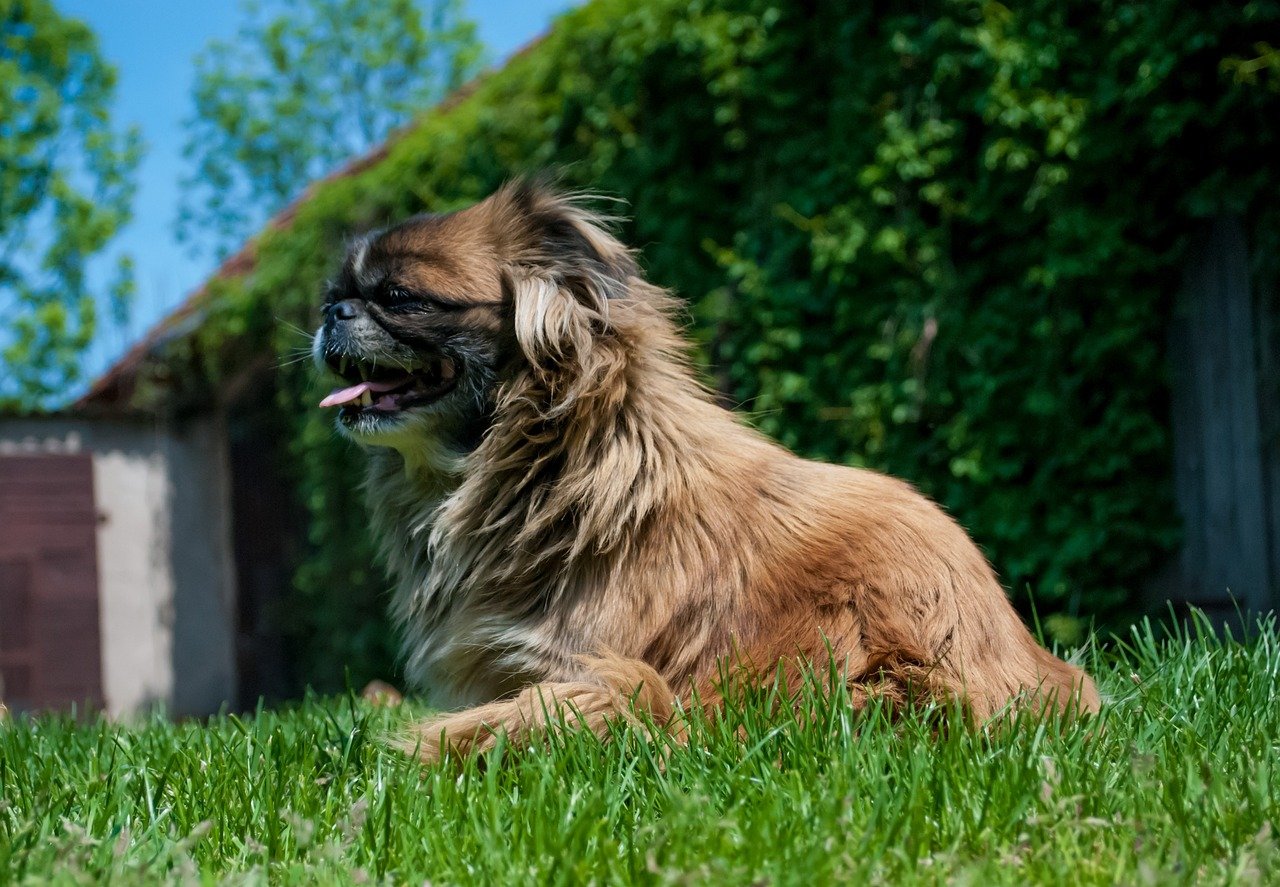
Don’t let the Pekingese’s royal looks fool you—these dogs have a mind of their own. They’re known for being independent and sometimes stubborn, preferring to lounge in comfort rather than play with energetic children. If a child disturbs a Pekingese’s beauty sleep or tries to pick them up, the dog may respond with a warning growl or nip.
Pekingese are delicate, both in size and temperament. They can become stressed by loud noises or chaotic environments, and their patience for childlike antics is minimal. While they’re loyal to their adults, they’re rarely tolerant of the unpredictable nature of young kids.
Weimaraner
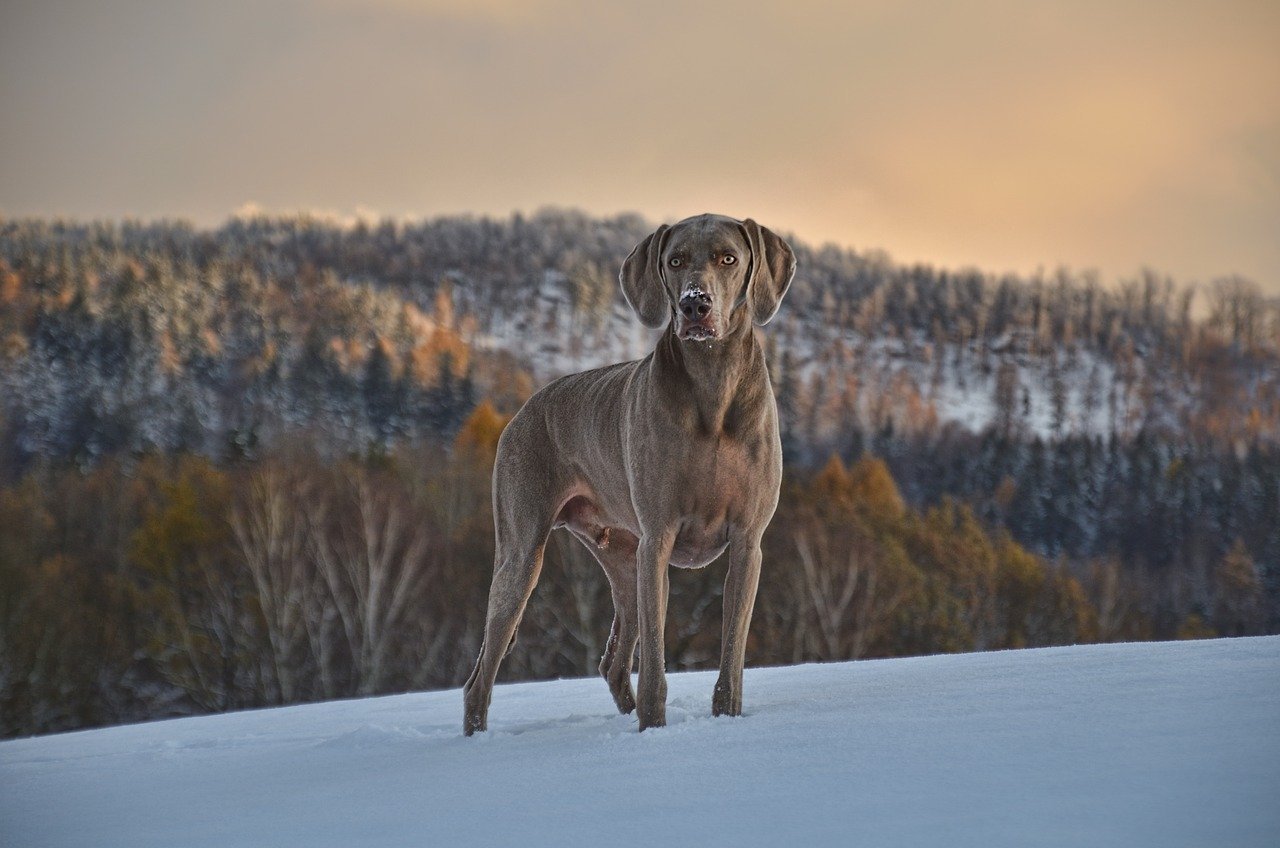
Weimaraners are sleek, athletic, and bursting with energy—but their intensity can be too much for families with children. These dogs are highly intelligent but also demand a lot of exercise and mental stimulation. When bored or under-exercised, they can become destructive or hyperactive, which isn’t ideal for a home with little ones.
Their boisterous nature can lead to accidental knocks or rough play, and their strong prey drive means they might chase anything that moves, including children. Weimaraners need experienced owners who can provide firm guidance and plenty of outlets for their enthusiasm. Without it, the combination of a high-energy dog and a busy household can spell chaos.
While many dogs are gentle and patient with children, not every breed is a natural fit for a family with kids. The 10 breeds we’ve discussed may be prone to anxiety, strong guarding instincts, or a low tolerance for unpredictable behavior—traits that can create tension in a home with young ones. This doesn’t mean these dogs aren’t lovable or well-behaved in the right setting, but it does highlight the importance of matching temperament with household dynamics. Choosing a breed that aligns with your family’s lifestyle ensures a safer, more harmonious environment—for both your children and your dog.

Andrew Alpin from India is the Brand Manager of Doggo digest. Andrew is an experienced content specialist and social media manager with a passion for writing. His forte includes health and wellness, Travel, Animals, and Nature. A nature nomad, Andrew is obsessed with mountains and loves high-altitude trekking. He has been on several Himalayan treks in India including the Everest Base Camp in Nepal.

